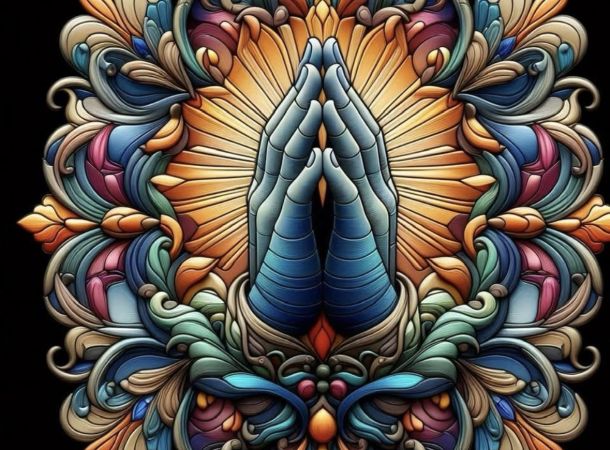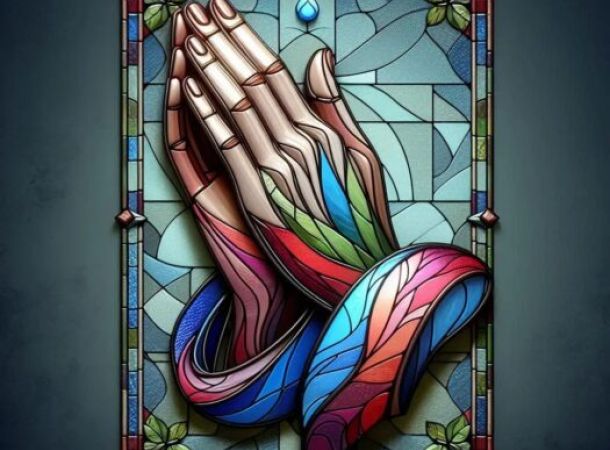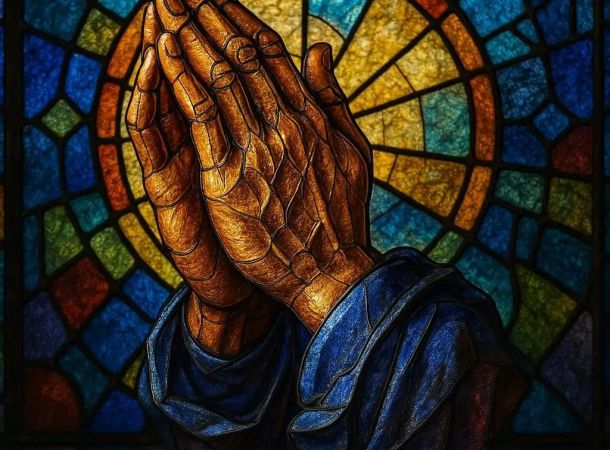An Unwilling Heart
In Exodus 25:1-27:19, we learn about the building of the Tabernacle. This Torah Portion’s name is Terumah, meaning “offering” or “uplifting” because the construction of the Sanctuary, or Tabernacle, began with the offering of a willing heart.
Exodus 25:8: They shall make for Me a sanctuary, and I will dwell amidst them.
A Jewish Sage says, “The verse does not say, ‘And I will dwell within it,’ but, ‘And I will dwell within them’-within each and every one of them” (Shelah).
The chapter starts with Moses asking the Israelites to bring offerings of precious metals, materials, animal products, oils, and spices with a willing heart. What other kind of heart can produce an offering to God? A bitter, hard, or reluctant, greedy heart will be the enemy we attempt to avoid in this Torah Portion.
2 Corinthians 9:7: Let each one give as he has decided in his heart, not grudgingly or under compulsion—for God loves a cheerful giver.
Do not give offerings to the Holy One with grief, heaviness, or annoyance; rather, give joyfully and freely, as if utterly spontaneous and without thought. Interestingly, this willing heart sets the stage for the Divine Presence to dwell in our realm. You cannot force a willing heart or bribe a willing heart. A willing heart is a loving heart. If you don’t bring your offering with a willing heart, you cannot participate in sanctifying the earth for His Presence. This Torah Portion focuses on the space itself, rendering itself available for use. I have heard teachings before that say that God favors availability above all ability for building His kingdom. In this instance, that statement is true. The willing heart is the foundation for the holy space. It is the beginning of sanctification. It is necessary before anything else takes place. The Chassidic Masters believe that the offerings the Israelites brought that made up the Tabernacle symbolized human attributes. Essentially, the building of the Tabernacle is the building of a human vessel for the Divine Breath.
“The materials donated for the Mishkan correspond to the components of the human being. “Gold” is the soul; “silver,” the body; “copper,” the voice; “blue,” the veins; “purple,” the flesh; “red,” the blood; “flax,” the intestines; “goat hair,” the hair; “rams’ skins dyed red,” the skin of the face; “tachash skins,” the scalp; “shittim wood,” the bones; “oil for lighting,” the eyes; “spices for the anointing oil and for the sweet incense,” the nose, mouth and palate; “shoham stones and gemstones for setting,” the kidneys and the heart.” (Chabad In Depth)
In every instance where the Israelites built a Tabernacle or Temple, the construction started with those who freely gave (Jgs 5.2 & 9, 1 Chr 29.9 & 14). Offerings can be praise, gratitude, repentance, or availability. Whatever is at your disposal and within your capacity to give, give it freely without question, and God will multiply it and give it back to you.
Proverbs 11.24-25: There is one who scatters, yet increases more; And there is one who withholds more than is right, but it leads to poverty. The generous soul will be made rich, and he who waters will also be watered himself.
1 Timothy 6:17-19: Direct those who are rich in this present age not to be proud or to fix their hope on the uncertainty of riches, but rather on God—who richly provides us with everything to enjoy. Direct them to do good, to be rich in good deeds, to be generous, sharing, storing up for themselves a good foundation for the future, so they might take hold of the true life.
Today, our culture focuses on the one percent or the rich and the powerful. We place so much focus and responsibility on these humans to build, provide for, and make all of our troubles disappear. The one percent is the one who often makes more than me, as if closing the gap between the wealthy and people in need is always someone else’s problem, but not mine. I don’t have enough to make a difference. I am not swimming in money to give to someone in need. From a Biblical standpoint, if you see someone hungry and you have food, then it is your responsibility to meet the need. If you see someone naked and cold and you have extra clothes, it is not someone else’s problem. It is an opportunity for you to give with a willing heart and be a part of repairing the world or building a Sanctuary for the Presence of God. If everyone gave with a willing heart from what they had when they saw a need, there would be no poor, hungry, or needy. Moses requested that ANYONE could bring a free-will offering for the building of the Tabernacle, not just the rich, not just the holier folks, not the talented or resourceful. Anyone could donate whatever they had as long as it was with the right heart. God always multiplies what we give Him and uses it to bless multitudes. It is His specialty. Don’t doubt the value of even the smallest offering. Lift it up and see what He does with it.
Malachi 3:10: Bring all the tithes into the storehouse, that there may be food in My house, and try Me now in this,” Says the Lord of hosts, “If I will not open for you the windows of heaven and pour out for you such blessing that there will not be room enough to receive it.




Leave a Reply